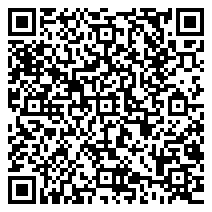

This comprehensive customs valuation training program provides in-depth knowledge of the concepts of valuation and various valuation methods used in customs procedures. Focused on the transaction value method, this course offers a structured approach to understanding customs valuation rules and applying customs valuation principles effectively in real-world situations. Participants will gain insights into the Agreement on Customs Valuation, the importance of customs valuation, and how international bodies such as the WTO and WCO play a key role in shaping these rules. With this understanding, you will be equipped to apply transaction value analysis in your daily operations, ensuring compliance and efficiency in valuation practices.
By the end of this course, participants will be able to:
The customs valuation process is a critical part of international trade, and this training ensures you have the knowledge and tools to navigate complex valuation concepts and methods. By learning to apply the transaction value method, including customs transaction value calculations, and understanding the framework provided by the Agreement on Customs Valuation, you will enhance your ability to ensure compliance, improve accuracy, and optimize customs-related operations. Whether you're new to customs valuation or looking to deepen your knowledge, this course offers the essential skills and insights needed to succeed in today’s global trade environment.
